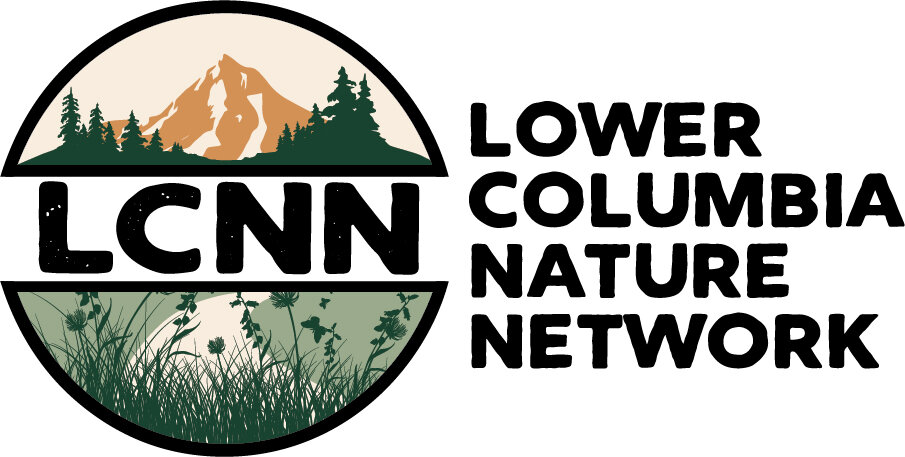Confused by composting? Don’t know if it is something you can do?
The Composting Methods and Options workshop is hosted by Naturescaping Wildlife Botanical Gardens.
Join Pete DuBois, Clark County Composter Recycler Program coordinator, to get a comprehensive overview of some of the many composting methods and options. Understand what composting is and does, and the differences between the types; vermicomposting (worms), backyard composting (fungi, bacteria, invertebrates), bokashi (essential microorganisms EM), Hügelkultur (rotting wood).
Find one or more ways to incorporate composting / organic waste reduction into your life. Practical as well as inspirational and educational information to get to zero organics in the garbage.
Fees: Naturescaping members free or $15.00 for non-members. Membership per year is $25.00 ($15.00) for seniors.
**Registration required for class or for more information: info@naturescaping.org or marlene52ns@gmail.com Phone: 360-737-1160
Other Info: Our classes are approved for Master Gardener Continuing Education Credit
Composter Recyclers
The Clark County Composter Recyclers (formerly Master Composter / Recyclers) compost demo site provides an opportunity to see the many variations of composters available for home use. Visit the demo site to learn about composting, composting systems, and ways to turn organic waste into a rich soil amendment. You can see firsthand how compost is made, and learn how it can be used as a finished product. During summer months you can also see an active worm bin. Feel free to take a look inside the bin to see the worms at work.
The demonstration site is also a resource for the NatureScaping gardeners. Organic material removed from the gardens is composted in the demo site, or applied to the site’s hugelkultur landscape berm. Compost produced at the site is cycled back into the gardens – closing the loop by turning plant trimmings into a medium that nourishes the gardens. In essence the demo site takes the garden’s “waste” to feed the soil, which then grows the plants that provide food and shelter for wildlife.
Wildlife friendly features at the demo site include a bat house, a rock pile, and a hugelkultur berm. Hugelkultur, a German word meaning “hill culture” is a way to compost by layering material in a mound. The landscape mound on the west side of the composting area is an experiment with this technique. Parts of this berm are being planted with natives to provide habitat.
To learn more about composting visit the Composter Recycler website at
Clark County Composts

